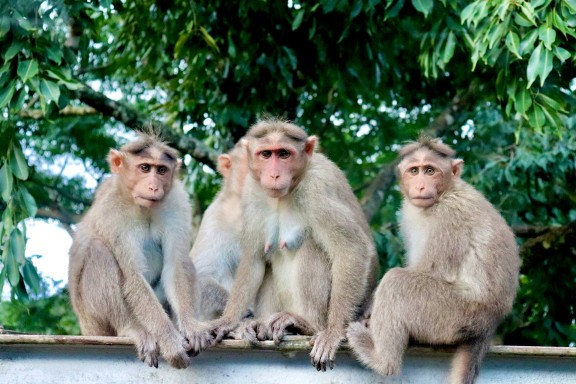It’s a question of too much demand and too little supply.
Much of the world is pinning their hopes on a safe and effective Covid-19 vaccine to bring an end to the pandemic which has rocked the world and battered the global economy. The good news is that scientists think such a vaccine is possible, and a number of early trials have led to some promising results. The bad news is that getting a vaccine to market is a long and complicated process that can be delayed and disrupted in multiple ways.
One such disruption is currently hitting America: it can’t get hold of enough monkeys. Because they’re genetically so similar to humans, monkey-testing is often the last stage before human trials. But right now, there doesn’t seem to be enough of them to go around.
As with any economic resource, shortages come about because of a mismatch between supply (how many monkeys there are to buy) and demand (how many people want to buy monkeys). The Covid-19 pandemic has pushed up American demand at the same time that it has decreased supply, because America gets 60 percent of its test monkeys from China, which stopped exporting them when the virus hit.
There are a few factors that could be going into this trade breakdown. One is that Covid-19 originated in China in non-human mammals, so banning wildlife purchases is seen as a step towards disease prevention. Another is that China is also attempting to manufacture a coronavirus vaccine, so there may be more domestic demand for monkeys. It probably also doesn’t help that China and America have been embroiled in a trade war, which basically involves each side making it harder or more expensive for their businesses to sell and buy from each other.
This puts America in a bit of a sticky situation, because they can’t create new monkeys quickly - as animals, they’re relatively slow to breed and grow up. So scientists are looking to substitutes such as hamsters and rats. Of course, another possible substitution would be human beings. That would side-step the animal welfare issues surrounding the use of lab animals. But it would introduce a whole host of other ethical dilemmas, including how sure we have to be that a new medication is safe before we inject it into human beings.
Read our explainer on: free markets.

